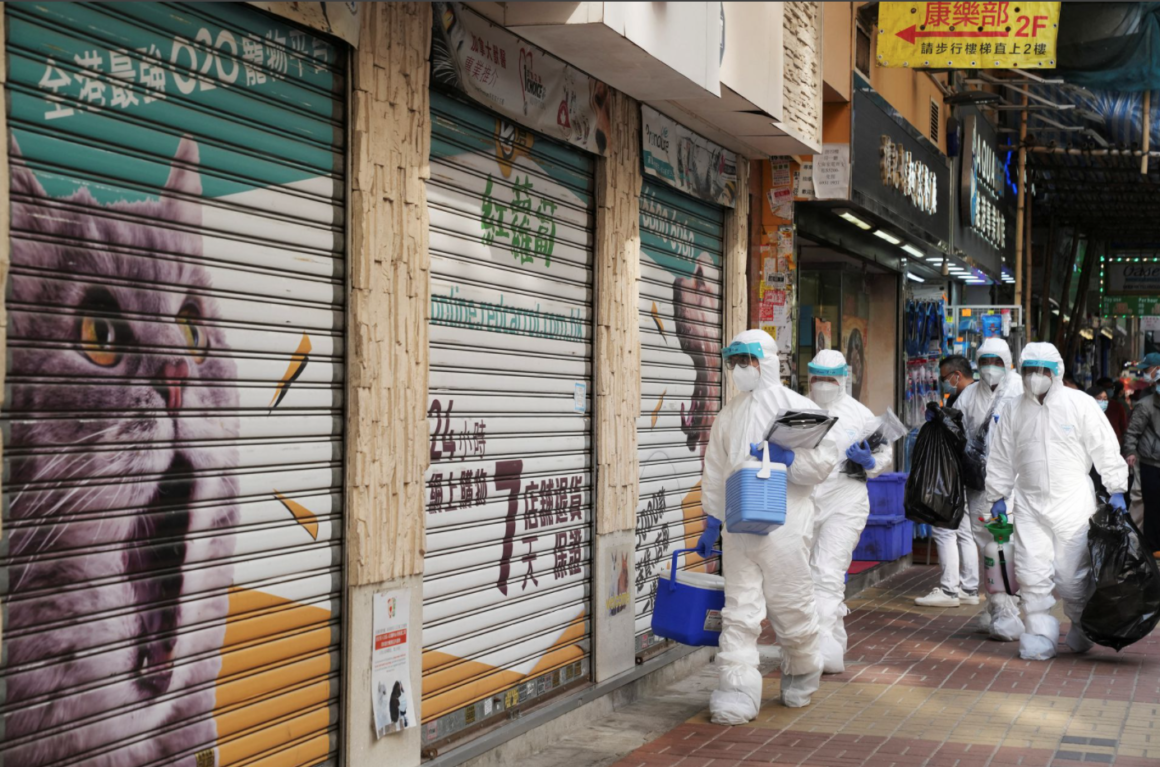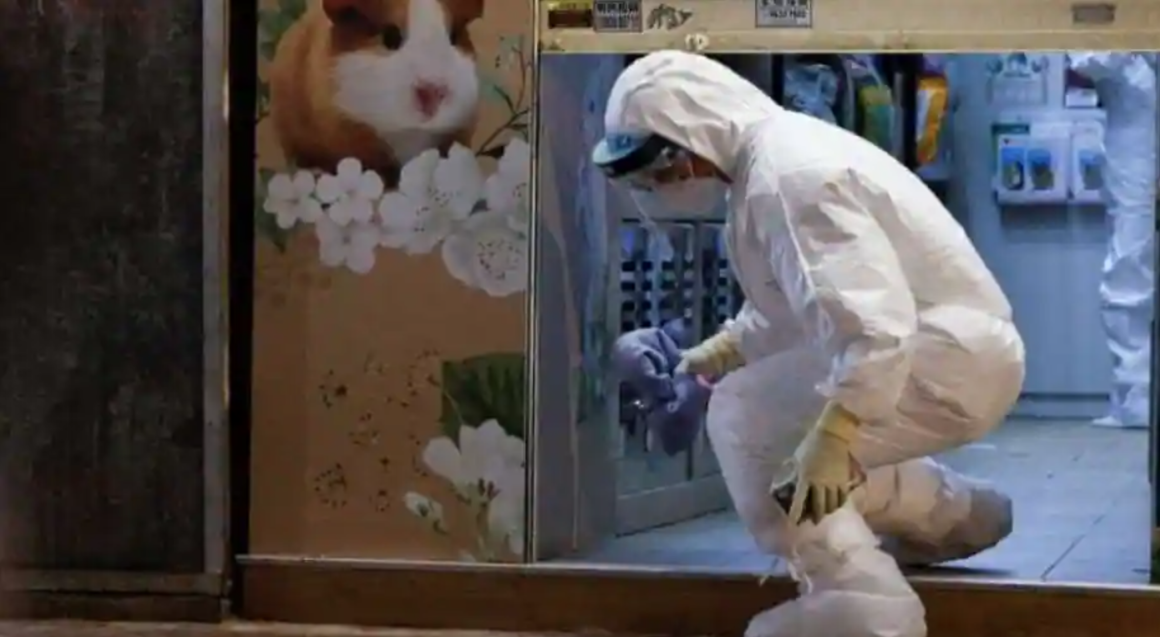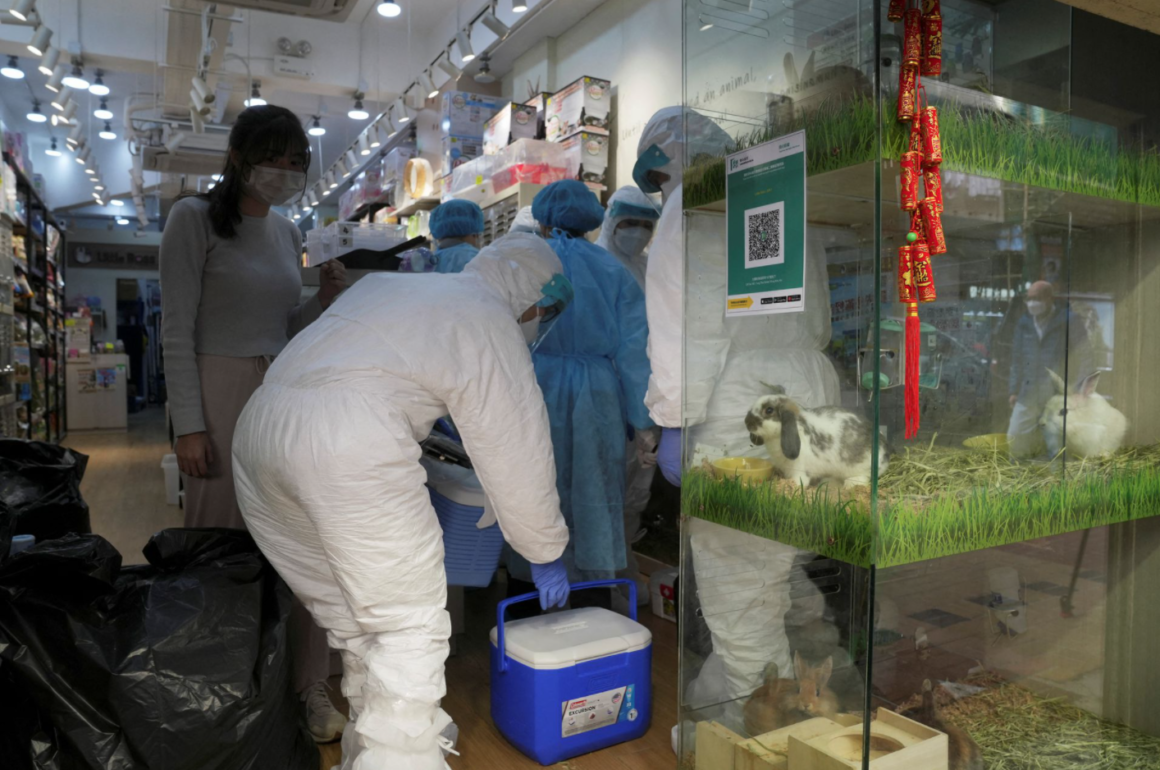Recently, several hamsters in a Hong Kong pet store were sentenced to a culling, after authorities had confirmed that the animals tested positive for COVID-19 at a local potshot named “Little Boss”. In outrage, this caused an uproar within the Hong Kong neighborhood.

After the culling was declared, thousands of people had stepped in to adopt the hamsters including ones that were abandoned out of panic.
A 29 year old hamster owner and “Hong Kong the Cute Hamster Group”, Ocean said her group was contacted by almost 3,000 people who were willing to step in caring for these animals.
This even sparked residents to create a Change.org petition that already gained over 23,000 signatures in less than 24 hours while the Society for the Prevention of Cruelty to Animals (SPCA) condemned the decision.
The government however responded with no indifference, as they have always pursued a zero tolerance policy for COVID-19 despite the lack of evidence for any transmission possibilities from animal to human.
Health workers in hazmat suits have recently been seen traveling in and out of numerous pet shops around the city carrying both red and blue plastic bags into their vans.

A local public broadcaster RTHK said some hamster owners were seen handing over their animals at a government facility in the New Territories, meanwhile several groups joined on social media to identify new owners for the unwanted pets.
Some petshot owners and employees have also been sentenced to quarantine.
Three owners were also pressured by their families to give up their hamsters, despite the animals being in the household for a long time, over than a year to be exact.
A local 27-year old, Bowie, was one of those individuals who volunteered and now owns two new hamsters, in addition to his three hamsters. “This is ridiculous,” said Bowie, “Animals’ life is also life. Today it can be hamsters or rabbits, tomorrow it can be cats or dogs.”

A professor of companion animal health at the City University of Hong Kong, Vanessa Barrs also commented that the move to cull the hamsters up for sale could be justified on public health protection grounds, but fears of infection at home were overblown.
“Millions of people around the world have pets, and there have been no cases proven of pets transmitting infection to other humans,” Barrs said.
